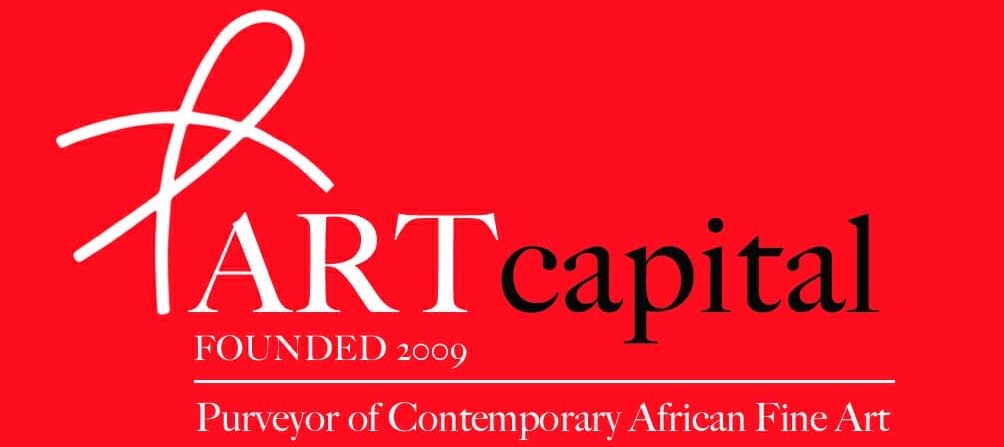By Nii B. Andrews.
The 10th LagosPhoto Festival commenced on October 27; it will end on November 15. It is an international festival of photography with Lagos State hosting the world.
In the words of the founder/director, Azu Nwagbogu, “LagosPhoto is interested in nurturing artists, photographers and changing the narrative that relates to Africa. It is welcome if the market takes an interest in this but we are not an art fair and that won’t change soon”.
This year, PASSPORTS constitute the theme.

The tension, problems and controversies created by this document are explored through lens based media.
A passport documents our identity and nationality; records our episodes of international travel; serves a dual symbolic and practical function; it needs to be inviolable.
Since the tragedy of 9/11 important technological enhancements have been proposed and some already implemented – biological information has been embedded; retinal scans, DNA, finger prints.
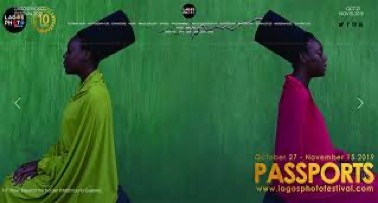
When it comes to passports, there is an overlap with previous efforts at transforming photography into an efficient scientific instrument through archiving and databasing.
Photographic archives, allowing comparability across instances, were deployed in the fields of medicine and law in order to, on the one hand, identify criminals and to detect deviant individuals.
A passport reduces or attempts to capture complex individual data, characteristics and history into a small palm sized document – sometimes even a single page.
More often than not, those with certain color passports (especially green) are confronted with stereotypes in terms of gender, race and credibility; quite bluntly you are an illegal migrant or suspected criminal and the onus is on you to prove that you are not.
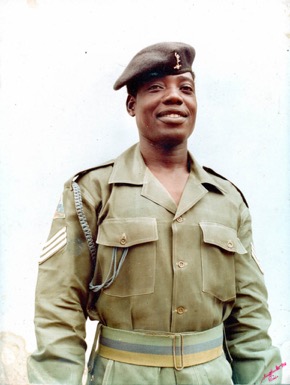
The pathetic irony is that within Africa, the foisted colonial idea of nationality, is wielded with intransigence – often by the under performing governments, and sometimes this morphs into xenophobic violence and abrasive language in African cities towards fellow Africans.
But others get a pass and are ushered across borders with few to no questions asked.
“Traveling with green” is not easy or straight forward! Reciprocity is certainly far from the norm; what a shame.
We must not forget that photography was put to use as a means for surveillance and control, and, infamously, as a means for eugenics. So we need to anticipate societal, ethical, and legal issues relating to emerging applied uses of biometric identification.
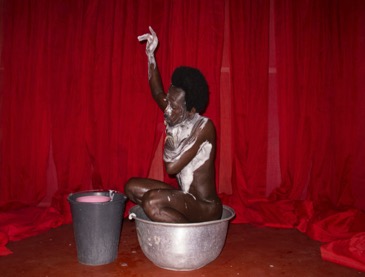
LagosPhoto envisages the festival as a safe vehicle for “experimentation with open and transformative forms of identity, creating new categories of an international identity that allows for diversity” and eschews stereotypes.
Of course, no one is looking for an utopia, but only for sustainable alternatives predicated on the timeless principles of justice, equality and solidarity.
LagosPhoto also features a special projects schedule, which this year includes a mentorship programme for emerging women photographers from Nigeria, Ghana, Cameroon, Senegal, Sierre Leone, and the UK.
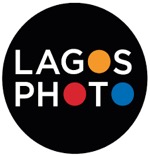
This workshop is organised by Fast Forward, an international research programme based at University for the Creative Arts in Farnham, UK, and will include academics, photographers, and curators from institutions such as Tate Modern and Centre Pompidou.
In addition, LagosPhoto will include a photography workshop run in partnership with Canon, and a portfolio review run in partnership with National Geographic. The portfolio review was open to photographers from across Africa, and one photographer picked out from it will be awarded $5000.
